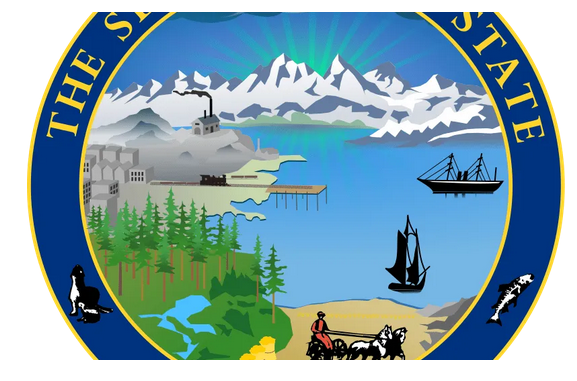Squatter privileges, or adverse possession, has been a matter of contention in Alaska for several years. It’s no wonder, given the state’s huge backwoods and plethora of unclaimed property. Knowing squatter’s rights in Alaska is critical for everyone who wants to state some property. This complete guide will check out precisely what squatter’s rights are, the best way to assert them, and why they’re extremely important for anyone trying to squatters rights Alaska.
What are Squatter’s Privileges?
Squatter’s legal rights, or adverse possession, is really a lawful term that enables someone who has occupied a sheet of property to get a a number of time, without having the owner’s approval, to claim that terrain since their own. In Alaska, this period is a decade. After that period, the squatter can submit a lawsuit up against the owner and show their state they the property. However, there are specific conditions that really must be fulfilled for the squatter to assert adverse possession.
Requirements for Adverse Property
To claim negative thing, the squatter need to have occupied the land continuously for the entire several years. In addition, the profession must have been available and evident, meaning that the owner must have been aware of the squatter’s job. Last but not least, the squatter will need to have occupied the terrain using the notion that they owned or operated it and should have acted like these people were the dog owner.
The way to Claim Negative Possession in Alaska
To assert undesirable thing in Alaska, the squatter must submit a court action from the manager and prove that they have met all of the requirements for undesirable ownership. The burden of resistant rests with all the squatter, and they need to have proof of their job, such as photos, experience claims, or lease contract contracts. This process might be lengthy and expensive, but it’s vital for anyone trying to state property in the Alaskan wilderness.
Why Squatter’s Proper rights are essential
Squatter’s legal rights are essential for all those seeking to claim property in Alaska because a lot of the terrain in the state is unclaimed. Negative possession enables people to declare this land and then make it their own, as long as they satisfy the standards. Additionally, undesirable property could be a method to maintain terrain that could otherwise go seldom used and potentially fall into disrepair.
Probable Problems and Limits
It’s important to note that adverse possession could be a challenging and lengthy process. There can be conditions where squatter is unable to satisfy each of the conditions or the location where the land is properties of government entities, which makes it difficult to assert. Furthermore, adverse possession doesn’t suggest how the squatter should be able to get yourself a crystal clear headline to the territory or they won’t encounter legitimate problems through the previous proprietor.
Conclusion:
Knowing squatter’s privileges in Alaska is vital for everyone looking to claim some property in the vast wilderness. The criteria for undesirable property should be met, and the approach may be complicated. However, undesirable possession provides a means to preserve and make use of unclaimed terrain, which makes it an important tool for people who are happy to make the job. With careful consideration, squatter’s proper rights may enable Alaskans to assert their own personal part of the wilderness.



